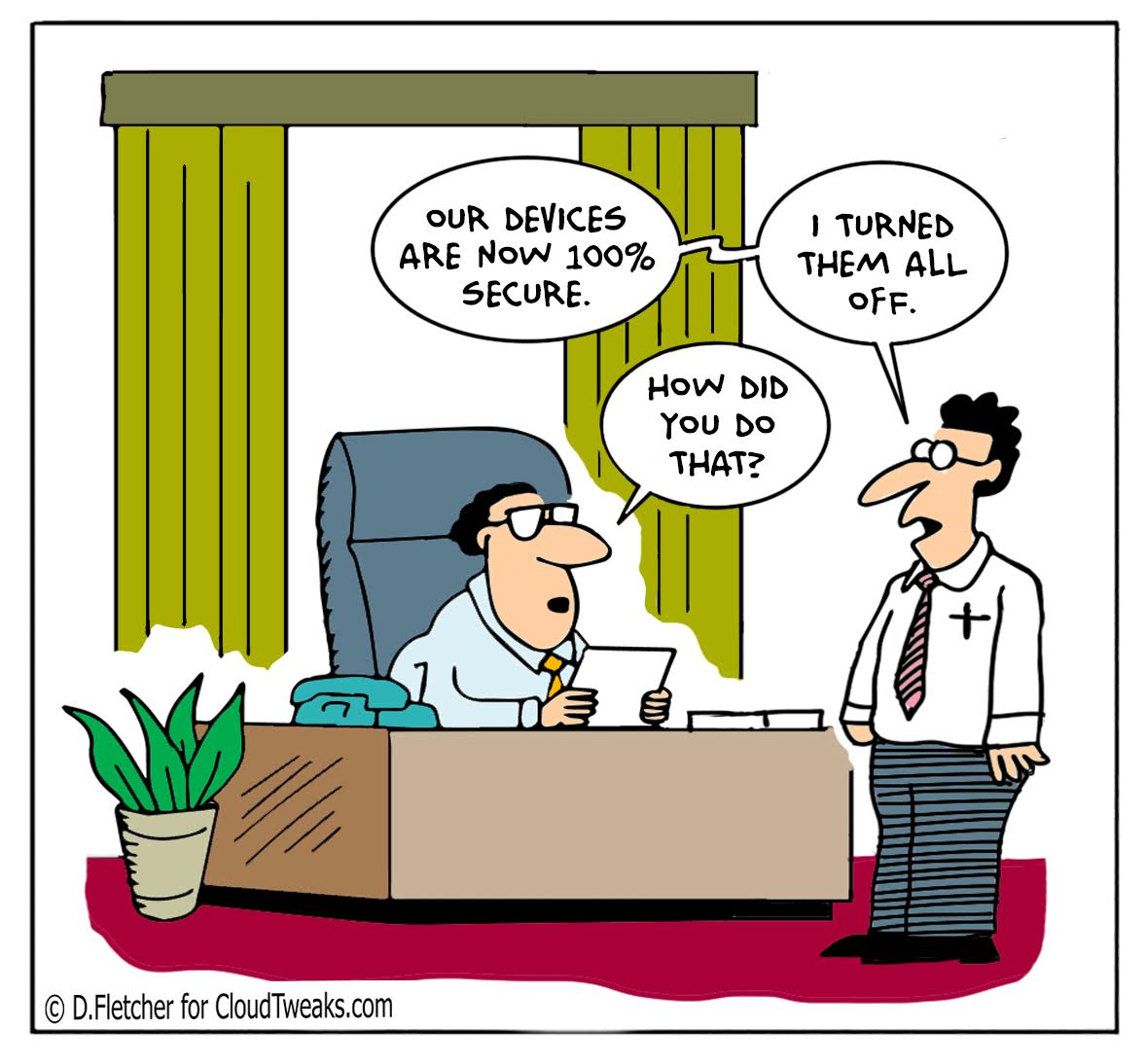[This is the second part of a two-part post analyzing the Draft Indian Telecommunication Bill, 2022. It is authored by Intisar Aslam, a second-year student at National University of Study and Research in Law, Ranchi. This first part can be found here] Decryption: Preventing Cyber Frauds or Invading Privacy? The Draft Bill requires OTT Communication…
Category: Internet Shutdowns
The Telecommunications Reforms: A Step towards a Surveillance State (Part I)
[This is the first part of a two-part post analyzing the Draft Indian Telecommunication Bill, 2022. It is authored by Intisar Aslam, a second-year student at National University of Study and Research in Law, Ranchi. The second part can be found here] Recently, the Ministry of Communications released the Draft Indian Telecommunications Bill, 2022 (“Draft…
Right to access Internet: An end to oppressive Internet shutdowns?
[This post has been authored by Mohd Rameez Raza (Faculty of Law, Integral University, Lucknow) and Raj Shekhar (NUSRL, Ranchi).] The Internet is one of the most powerful instruments of the 21st century for increasing transparency in day to day working, access to information, and most important facilitating active citizen participation in building strong democratic…
Kill the Kill Switch
India is at the third position in a list with some of the most ‘democratic’ countries like Syria, Saudi Arabia, etc. Internet shutdowns can have some serious free speech and free association implications, which is why it is necessary to have clear and precise regulations to ensure that this power is not used arbitrarily and…
